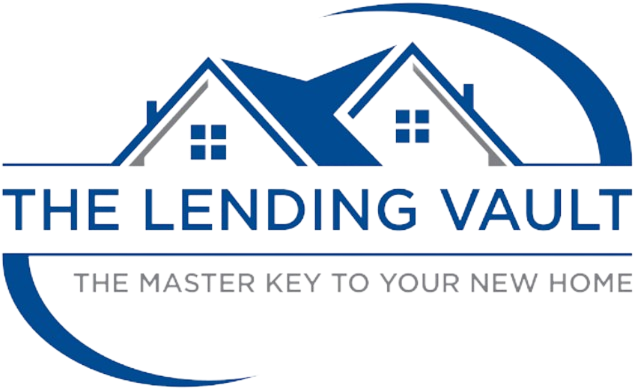MORTGAGE 101: UNDERSTANDING THE BASICS
A comprehensive review of your finances will take place when applying for a mortgage. This ensures that all underwriting guidelines are met and readily available for submission. Throughout the application process, you can expect numerous documentation requests substantiating your income, expenses, and more. Organizing these documents in advance is a great way to streamline the process and improve your approval odds. Below you will find a list of required documents. We also understand the unique circumstances of every applicant, which may require more information. Complete cooperation is necessary to prevent further delay and rejection.
Appraisals
An appraisal is an unbiased, professional evaluation of a property’s fair market value. This is completed by a qualified licensed appraiser, in which an in-person inspection is conducted and a report is generated based on the floor plan, amenities, location, home size, condition, etc. An appraisal is often required for approval to ensure that the loan offered aligns with the property’s market value. The buyer pays the appraisal fee.
Refinance
Refinancing is the process of replacing your current mortgage with a new one that has more favorable terms. The new mortgage often has a different interest rate and principal amount. Your lender will use it to pay off your old mortgage, leaving you with a single loan and monthly payment. It is mostly advantageous to refinance when mortgage rates are at least 2% lower than your current loan rate but any reduction may be a good opportunity to lower your monthly payments. The extent of your savings depends on factors such as income, budget, loan amount, and interest rate adjustments. For an accurate assessment, it is best to contact your trusted lender.
Closing Costs
Closing costs are fees paid at the closing of a real estate transaction and is separate from the down payment. Both buyers and sellers typically pay closing costs. Closing costs typically include the premium for homeowners’ insurance, home inspection costs, appraisal fees, and more. This will be due on closing day.
Foreclosure
Foreclosure is the legal process where the lender recovers the amount owed or defaulted by taking ownership or selling the property. This results from the borrower breaching the mortgage terms by failing to make a specific number of monthly payments. Foreclosure is preceded by pre-foreclosure. A home enters pre-foreclosure when the lender communicates the intent to take legal action in the form of foreclosure. Foreclosure may also have a major negative impact your credit score and credit history, staying on your credit report for 7 years. It can lower your score by at least 100 points, and the effect is usually most severe in the first few years after it appears on your credit report.
Application Checklist
A comprehensive review of your finances will take place when applying for a mortgage. This ensures that all underwriting guidelines are met and readily available for submission. Throughout the application process, you can expect numerous documentation requests substantiating your income, expenses, and more. Organizing these documents in advance is a great way to streamline the process and improve your approval odds. Below you will find a list of required documents. We also understand the unique circumstances of every applicant, which may require more information. Complete cooperation is necessary to prevent further delay and rejection.

